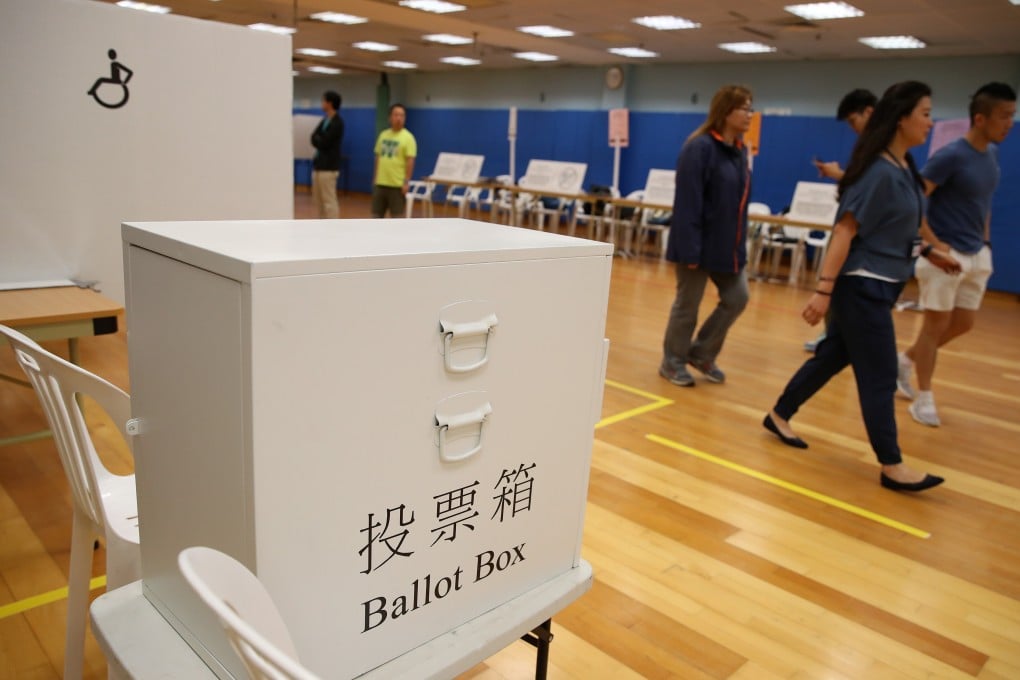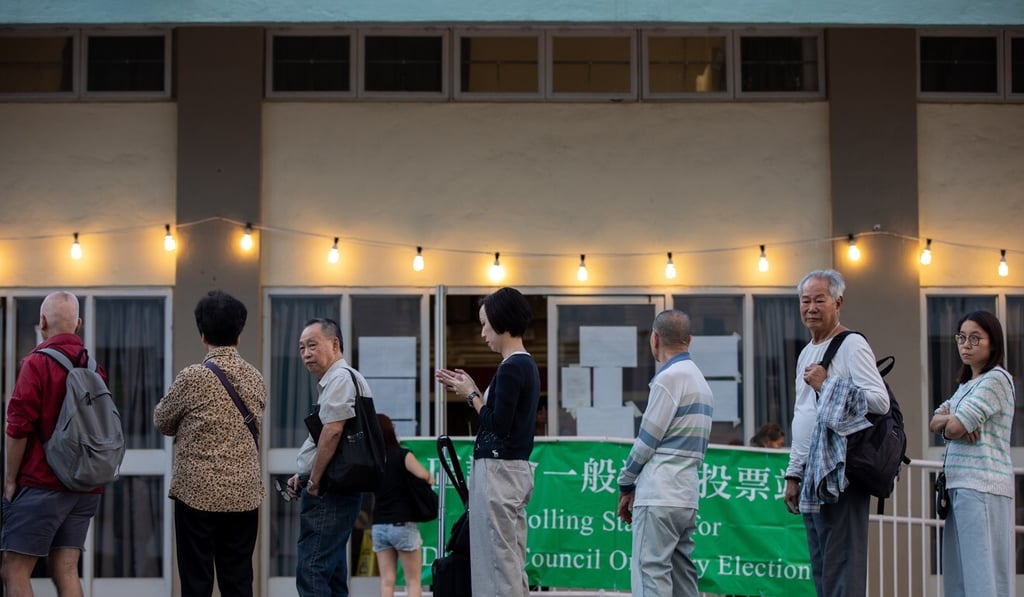Hong Kong residents overseas ask: why can’t we vote from abroad like Americans do?
- With an amendment in the works to allow Hongkongers on the mainland to vote in local polls, residents elsewhere in the world wonder, ‘why can’t we?’
- Experts, however, see hurdles to such a plan, both politically and logistically

Plans by the government to allow Hongkongers living in mainland China to vote in next year’s Legislative Council elections without the need to return to the city have prompted some living overseas to ask why they are not being given the same option.
Hongkongers living abroad have accused the government of being unfair to them, saying they saw no reason why only those on the mainland should benefit from the proposed arrangements.
With overseas Americans currently in the process of casting ballots in their own presidential election by mail, fax or email – depending on the states where they are registered to vote – Hongkongers overseas are demanding to know why local authorities have no plans to let them do the same.
“If those living in mainland China can cast their votes, why can’t we? What are the reasons?” asked Daniel Chiu, a 31-year-old who moved to Australia last year.
“The government suspended the election for a year because of the coronavirus outbreak, and said that it wanted more people to be able to vote. That’s exactly why the officials should care about those living overseas.”

Chief Executive Carrie Lam Cheng Yuet-ngor had planned to unveil in her annual policy blueprint amendments to election laws that would allow Hongkongers living on the mainland to vote at polling stations set up by the city’s officials across the border.